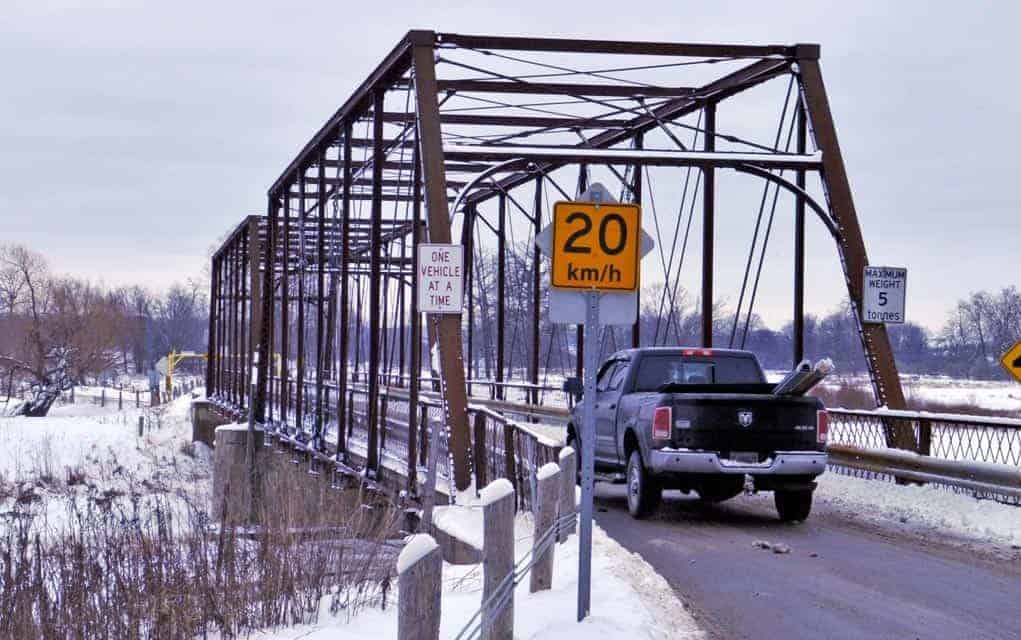;
;
;
Next Article
The Grade 7 and 8 students are back

With expensive repair bills soon coming due and little money to pay for them, Woolwich council got a dollars-and-cents lesson in the cost of failing infrastructure. The township is facing $9.1 million in repair costs over the next 10 years just to deal with its aging bridges and culverts. That figur
Last updated on May 04, 23
Posted on Jan 21, 16
2 min read
